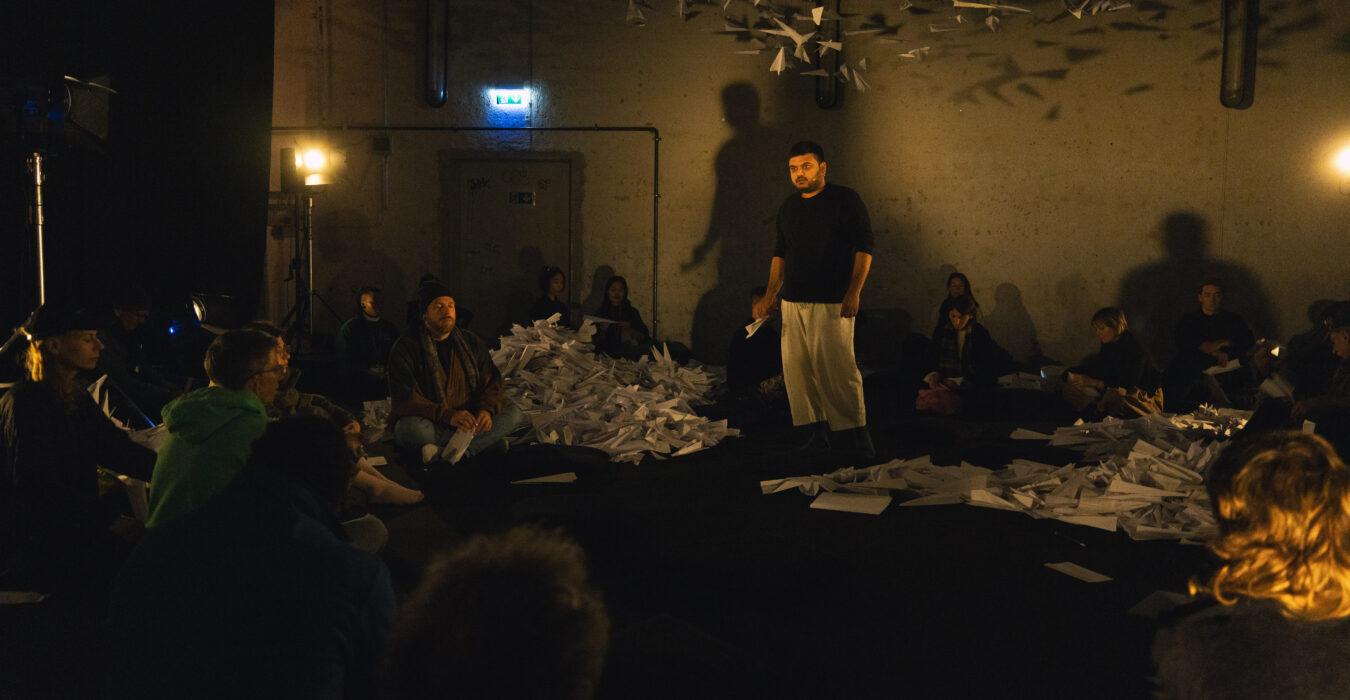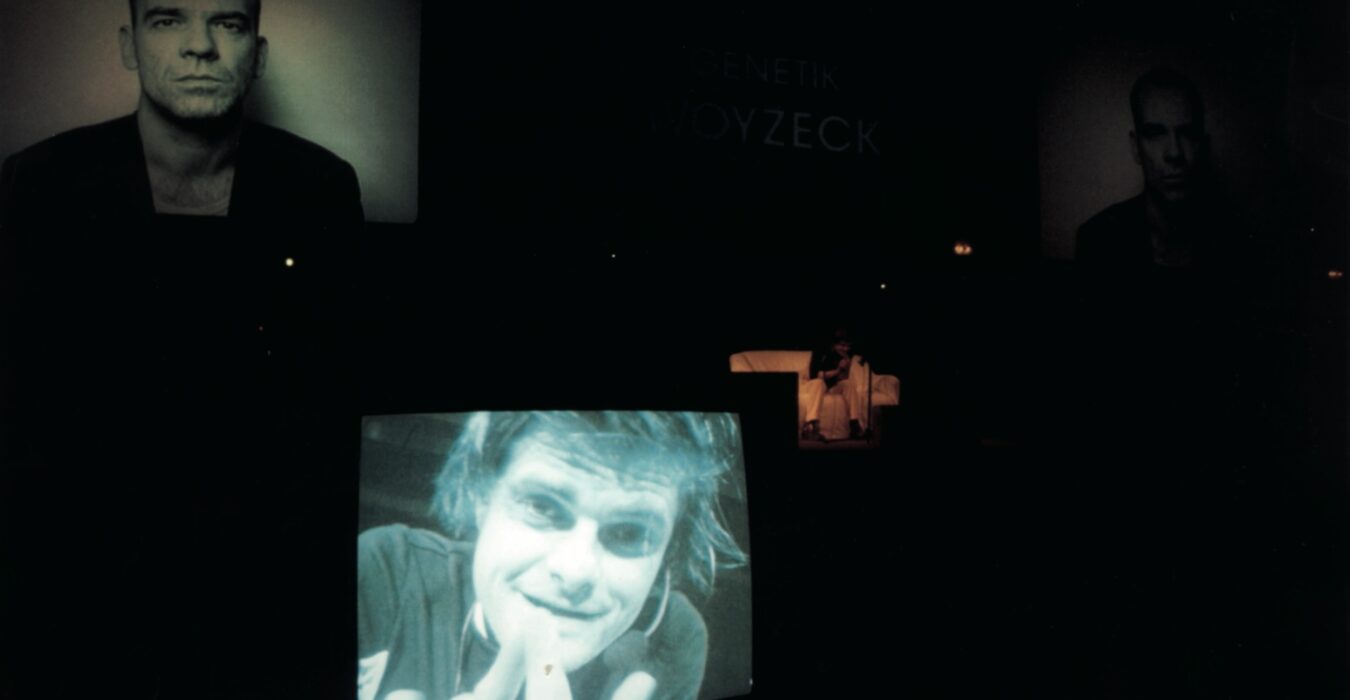The Trail – after Franz Kafka
Krystian Lupa (PL)
“Someone must have spread lies about Joseph K., because without having done anything wrong, he was arrested one morning. This is the first sentence of the most mysterious and provocative history of world literature. The further we go into the relentless sentences, the darker it becomes … We never learn why the protagonist was arrested and what he is accused of. Nor do we ever know whether he is really innocent … He doesn’t know either …
He knows less and less, but he makes desperate efforts in an unequal struggle with the unknown. But how can we understand or accept the strategy of this struggle when the confrontation of both sides undermines our sense of logic and reality?
The unfortunate reality of what is happening does not allow us to stand outside and reminds us of disturbing personal analogies …
It is I, it is we – WE ARE CAINED …
We are on a journey, on an annoying flight into a dark absurdity, in an absurd dialogue with the man on the other side, strangely close to the absurdities and dialogues of our present Polish reality …
(Krystian Lupa)
Krystian Lupa, the master director of Polish theatre, who has become particularly known for his intensive preoccupation with the texts of Thomas Bernhard, has now for the first time dealt with Franz Kafka’s novel “The Trial”. The story of the production reflects in a special way the current political conditions in Poland, which also affect the art and cultural scene. After adapting the novel for his ensemble at the Polski Theatre in Wroclaw, Lupa began rehearsals in spring 2016. However, he was unable to continue his production work due to the change in the theatre’s leadership, which operates in harmony with the ultra-conservative government in Warsaw. With the help and support of several theatres in Warsaw and abroad, including HELLERAU – European Centre of the Arts, he was finally able to complete rehearsals after a break and release the premiere at the Nowy Teatr in Warsaw in autumn 2017. His “Process” still bears the scars of this production history and refers to his increasingly Kafkaesque country.



